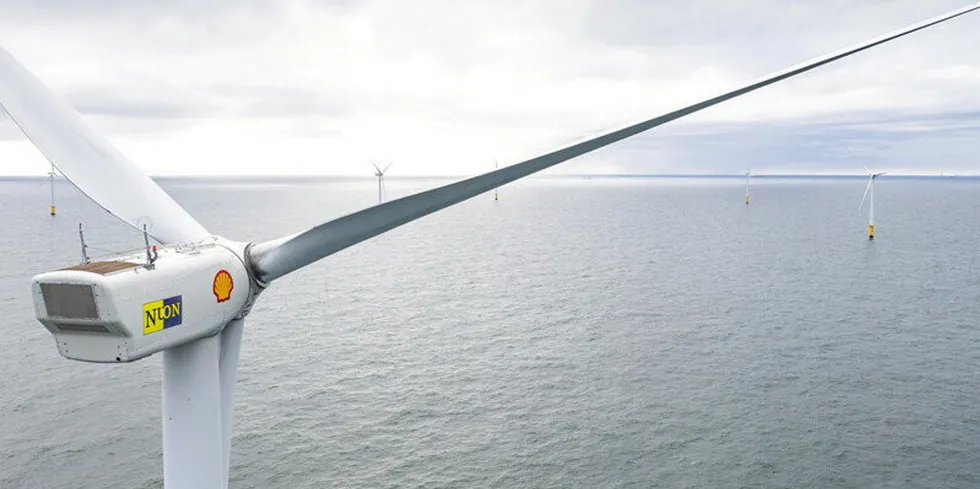'We won't play the commodity green power game': why Shell is going its own way in renewables
As rivals pile on the gigawatts, Anglo-Dutch supermajor insists selling, not producing, renewable electricity is key to energy transition success

As rivals pile on the gigawatts, Anglo-Dutch supermajor insists selling, not producing, renewable electricity is key to energy transition success
